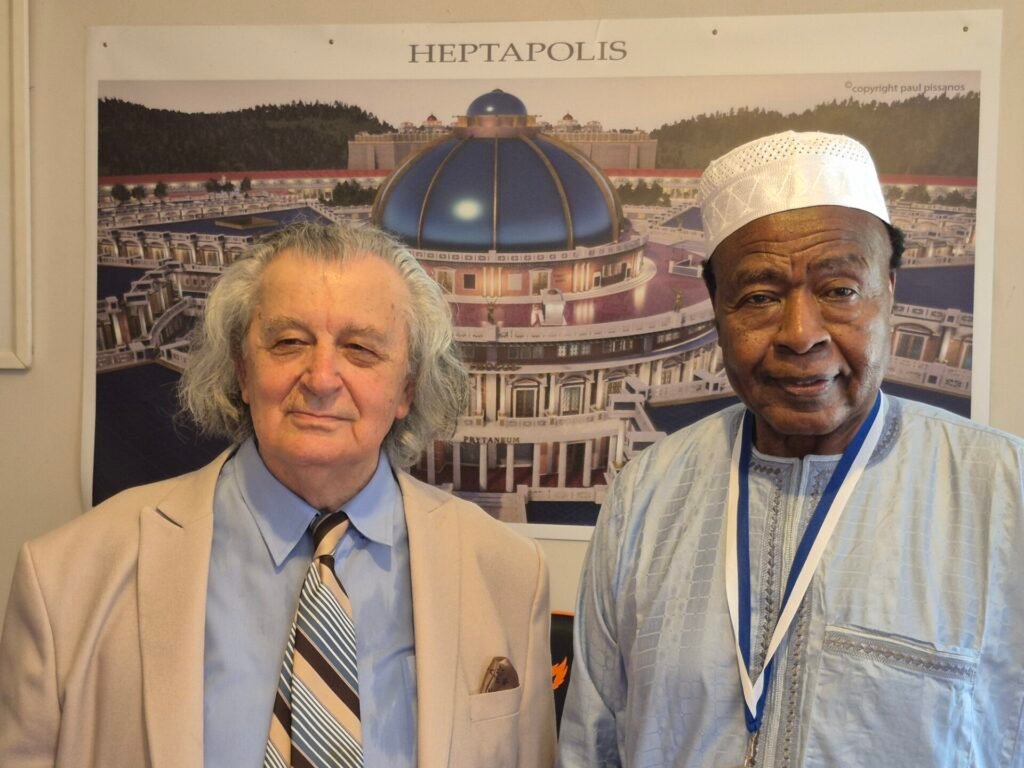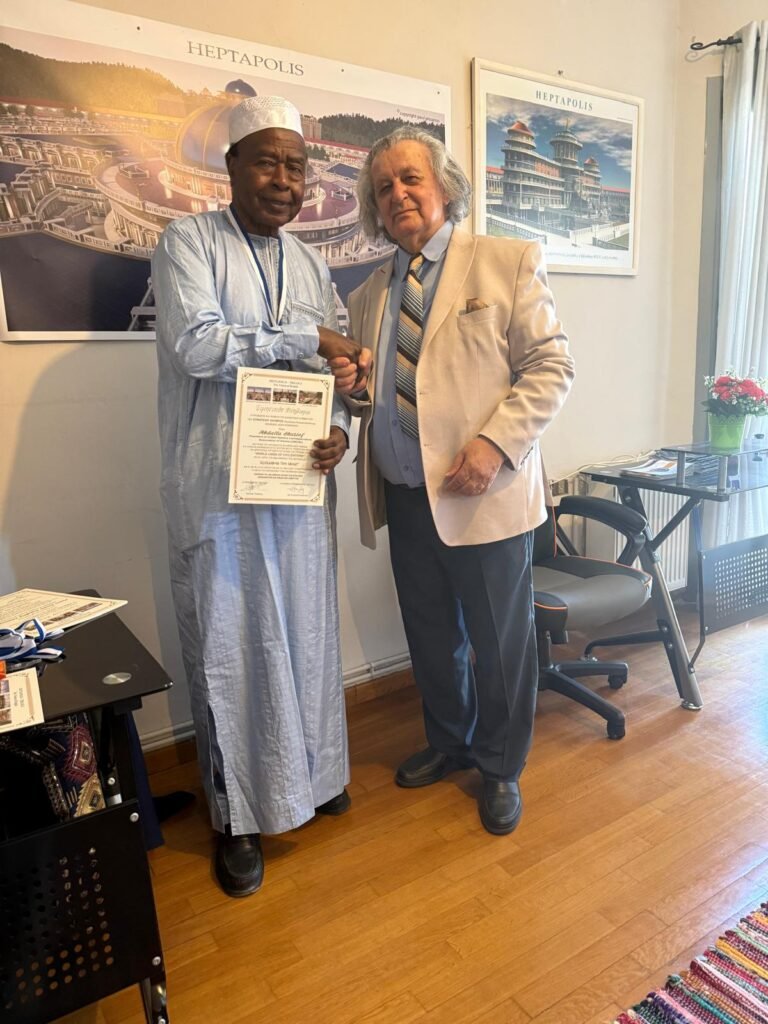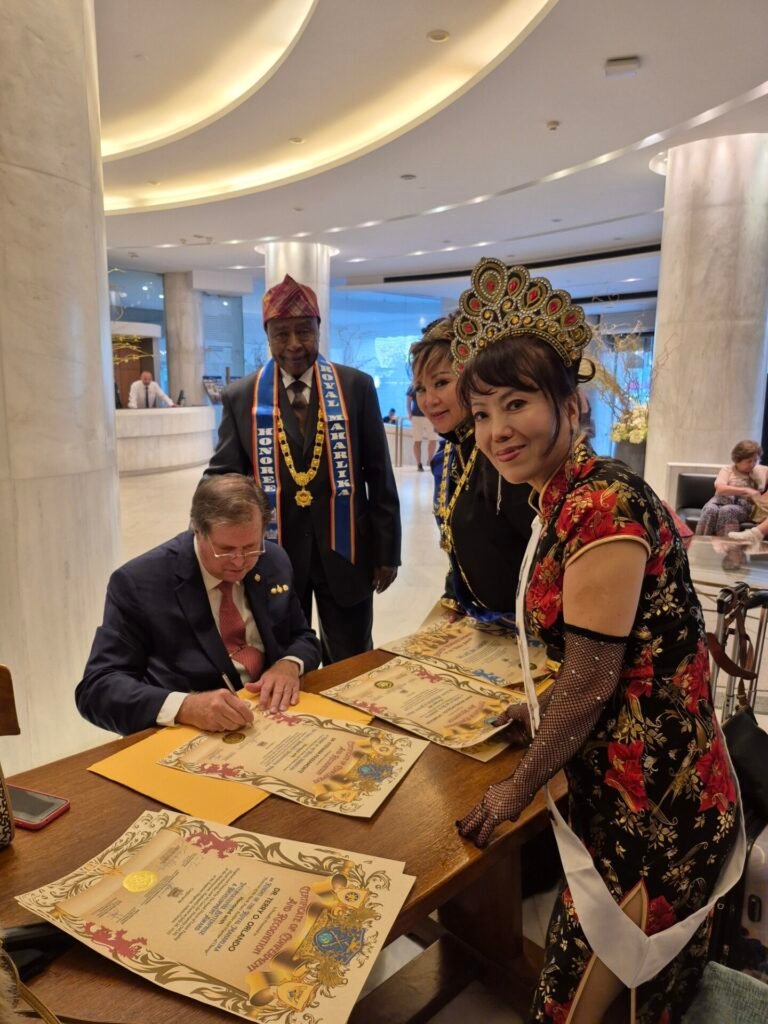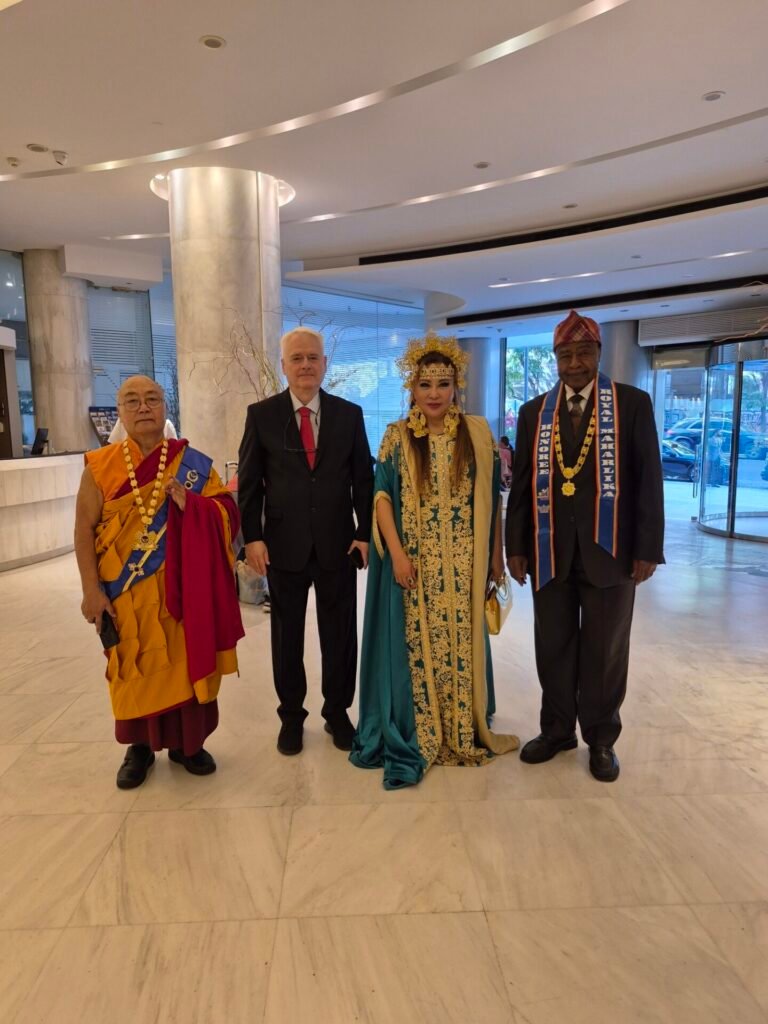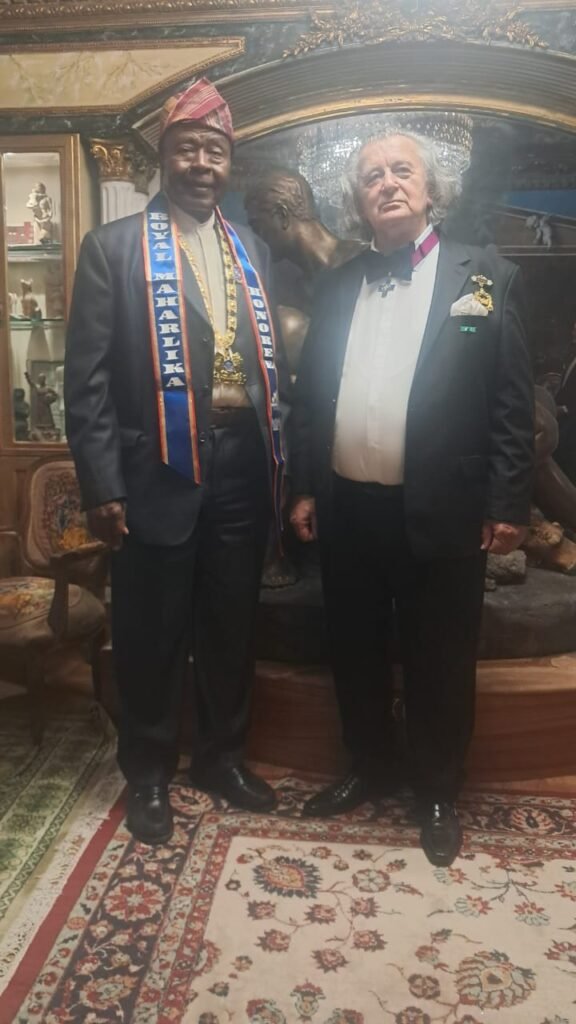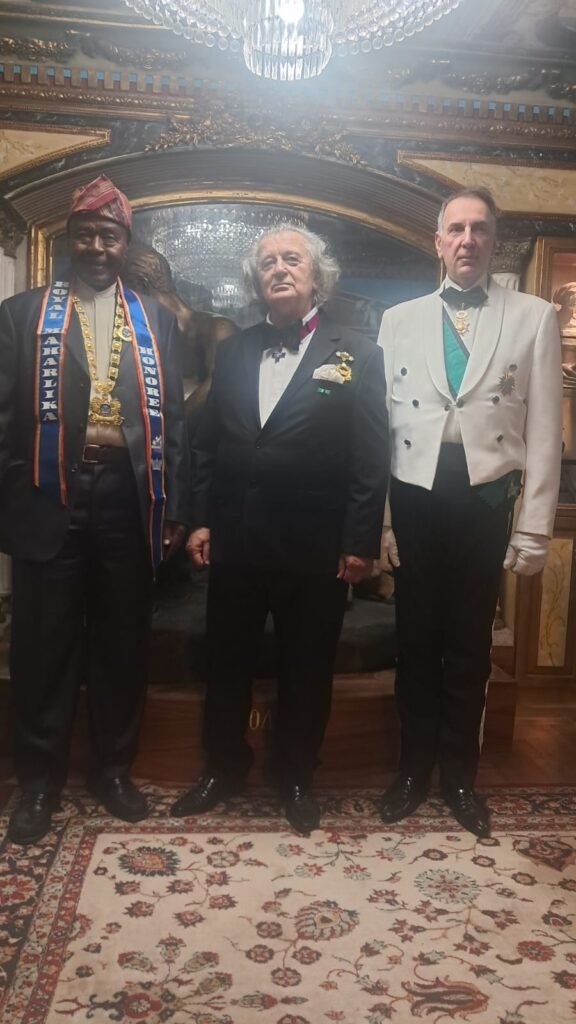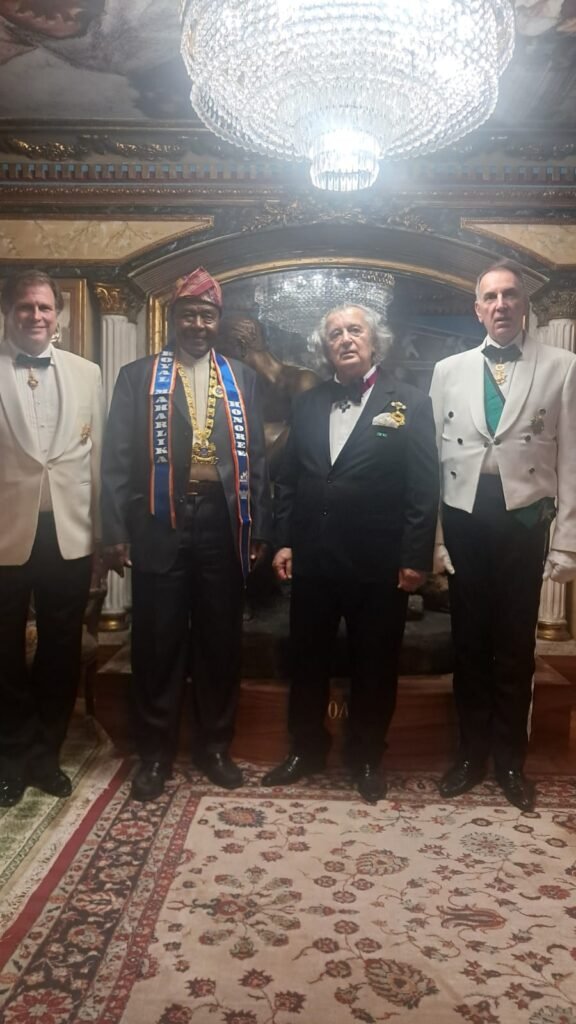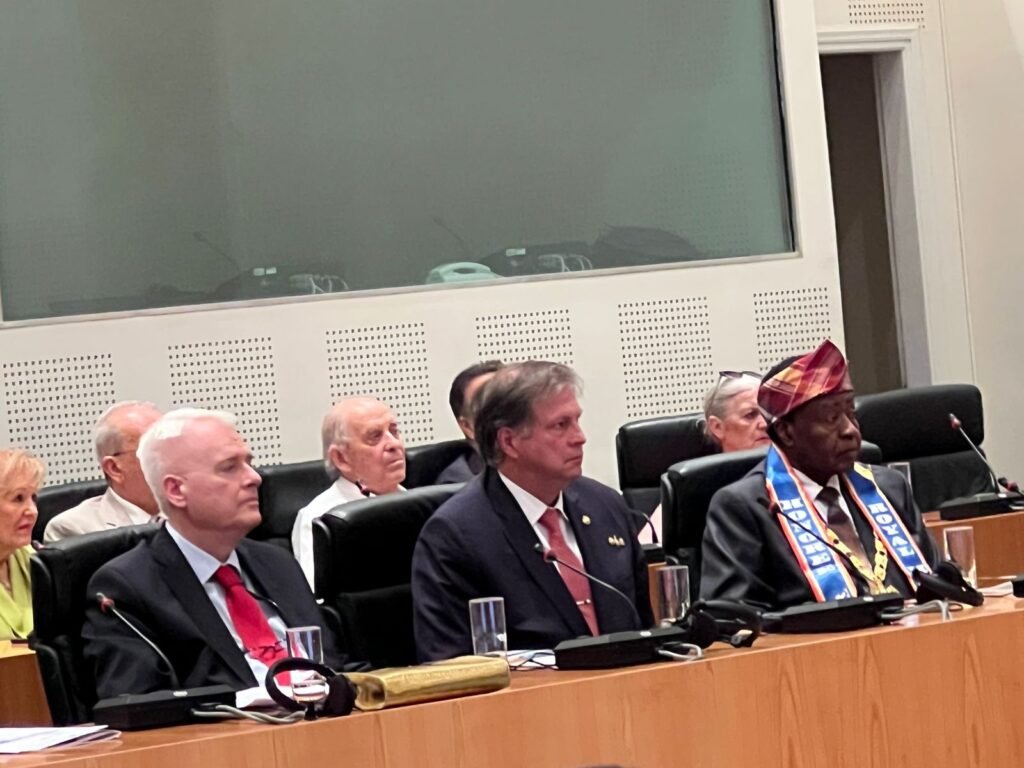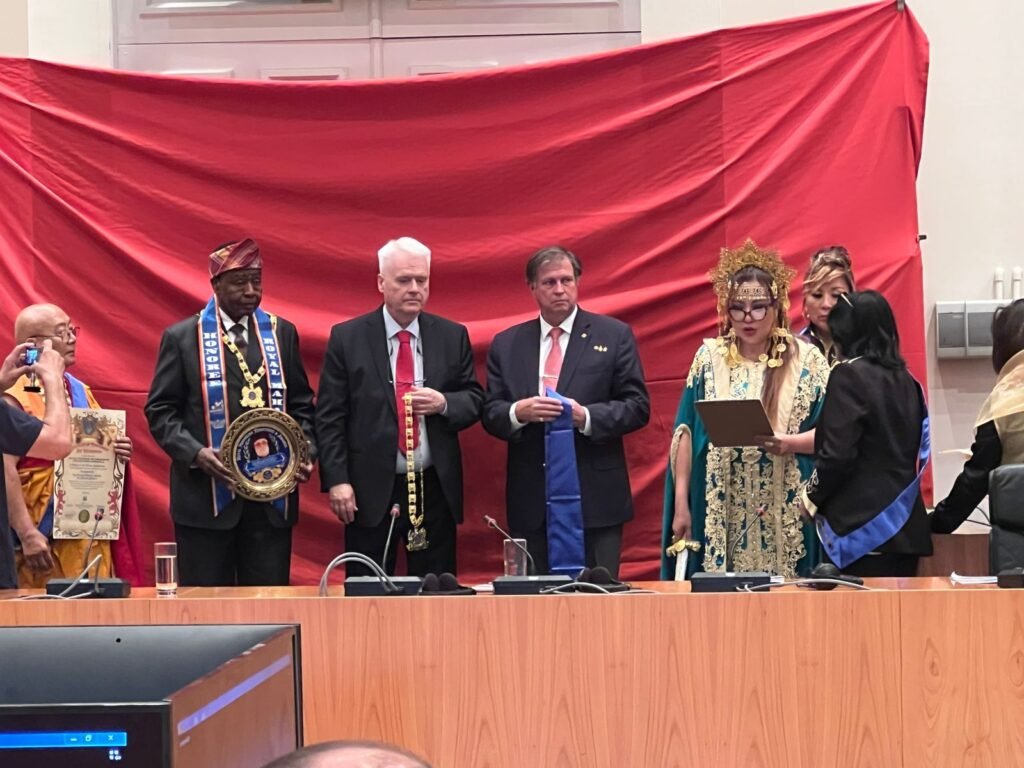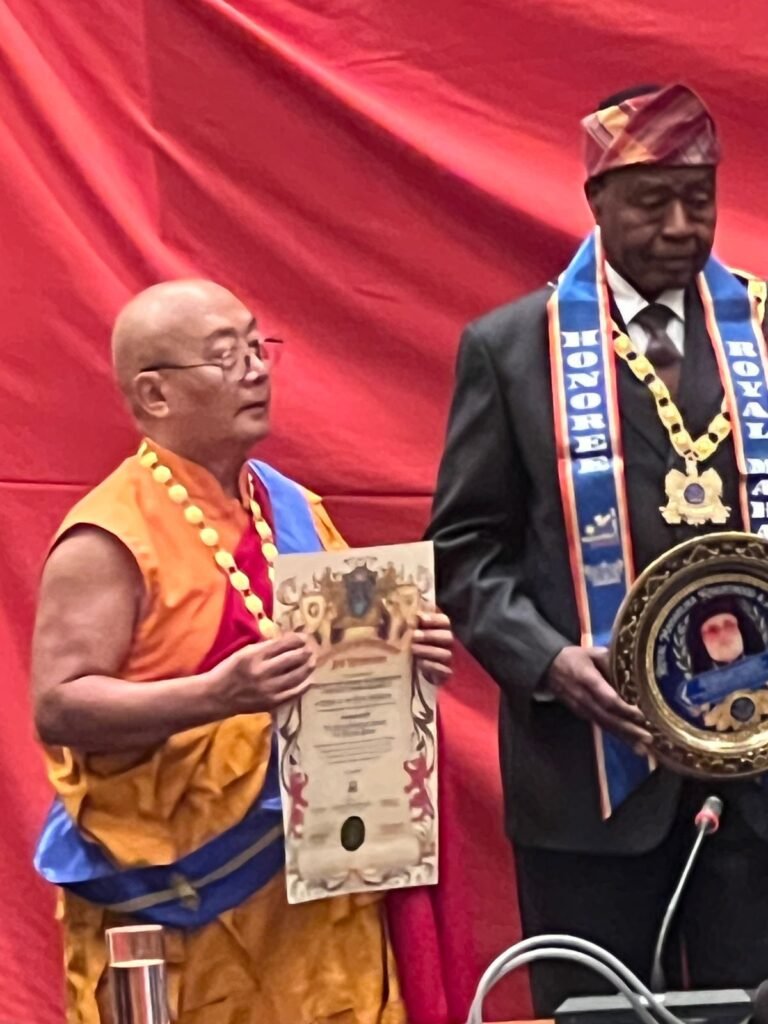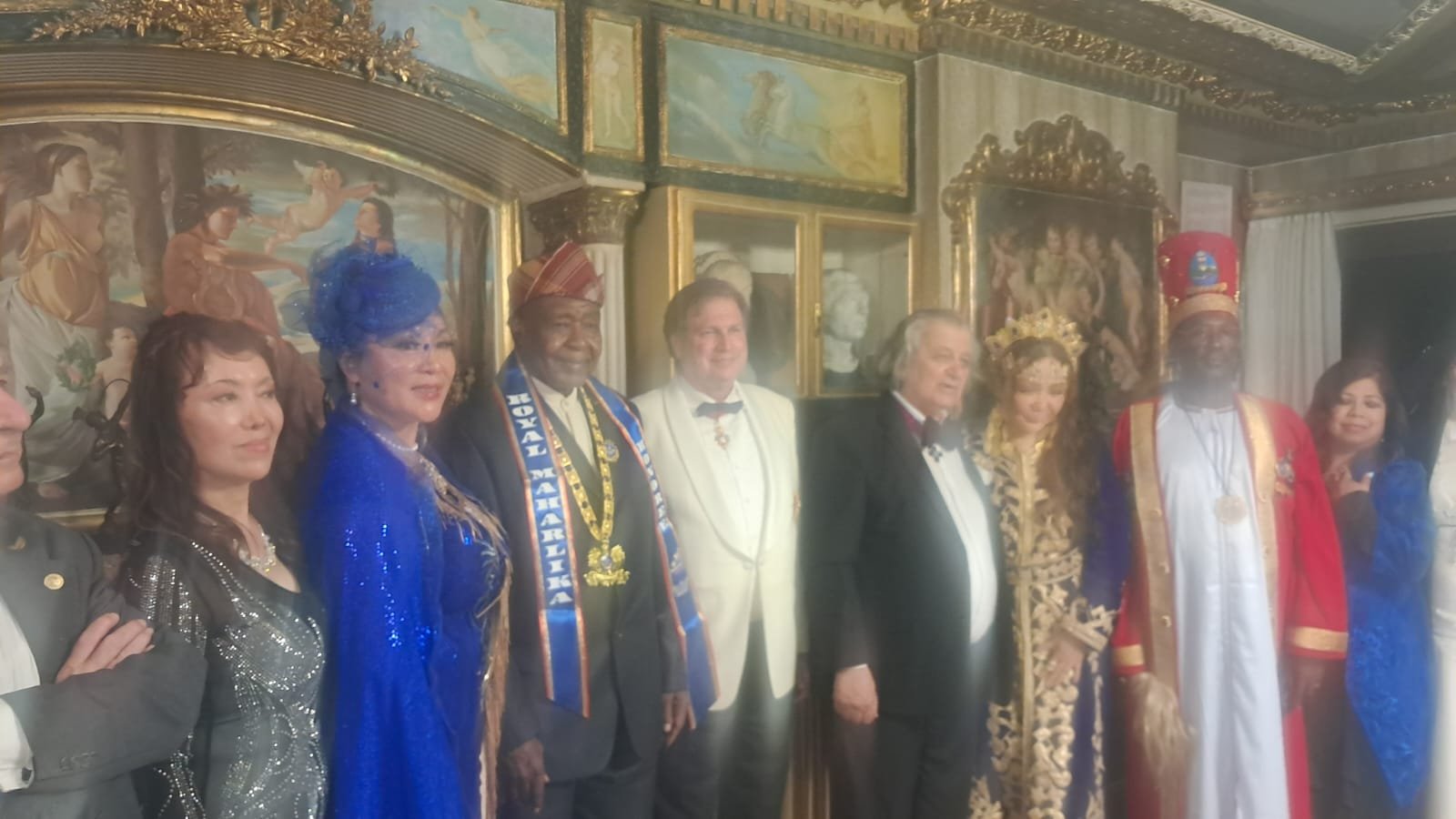Introduction to the World Union of Civilizations
The World Union of Civilizations (WUC) emerged as a groundbreaking initiative aimed at fostering cultural dialogue and cooperation among diverse civilizations globally. Founded on the principles of mutual respect and understanding, the WUC seeks to address the pressing challenges posed by globalization, cultural conflicts, and the guardianship of heritage. By promoting inclusivity and collaboration, the WUC aspires to create an environment where diverse cultures can thrive and coexist harmoniously.
Originating from the recognition of increasing cultural tensions around the world, the WUC was established to facilitate a deeper understanding and appreciation of the rich tapestry of human civilizations. It embodies a vision where civilization differences are seen not as barriers, but as opportunities for learning and growth. The initiative emphasizes that dialogue among civilizations is essential for achieving sustainable development and ensuring peace and security in our interconnected world.
A core element of the WUC is Heptapolis, envisioned as both a digital and physical hub that embodies this mission. Heptapolis serves as a gathering point for thought leaders, practitioners, and citizens from various cultural backgrounds to engage in meaningful discussions and collaborative endeavors. By leveraging technology and innovation, Heptapolis aims to enhance cultural exchange and solidarity, bridging gaps that often exist due to misunderstanding.
Through its various projects and initiatives, the WUC not only seeks to celebrate cultural diversity but also to promote a shared vision of global harmony and prosperity. The organization emphasizes the importance of educational programming, research, and community engagement to empower individuals and communities alike, fostering a spirit of collaboration that transcends borders.
The Role of Heptapolis
Heptapolis, a term derived from the Greek meaning “seven cities,” embodies a unique vision of intercultural engagement and collaboration. Designed with the goal of fostering understanding among various civilizations, this city is strategically constructed to promote harmony and coexistence. Its infrastructure reflects a blend of architectural styles that represent diverse cultures, serving as a physical manifestation of the ethos of unity in diversity. Parklands, communal spaces, and cultural centers throughout the city create inviting environments for interaction and dialogue.
One of the distinctive features of Heptapolis is the seamless integration of digital platforms with real-world interactions. This city operates on a hybrid model that encourages both physical gatherings and virtual engagement, facilitating a dynamic exchange of ideas and experiences. Digital platforms enable residents and visitors to connect across geographical boundaries, enriching cultural dialogues while also ensuring accessibility. The combination of technology and place fosters innovative approaches to conflict resolution and collaboration, making it a laboratory for experimenting with new methods for promoting peace.
Furthermore, Heptapolis serves as a pivotal location for the operations and initiatives of the World Union of Civilizations (WUC). It is here that various programs aimed at mitigating tensions and enhancing communication between different cultures are implemented. Workshops, seminars, and forums frequently take place within this vibrant city, engaging participants in discussions that explore the underlying causes of conflict and the means to foster peace. Heptapolis not only acts as a host for these initiatives but also symbolizes the potential for global cooperation in addressing contemporary challenges.
As Heptapolis continues to evolve, its commitment to intercultural engagement remains central to its identity, promising a space where dialogue, understanding, and respect can thrive among the civilizations of the world.
Understanding the Digital Centers of WUC
The World Union of Civilizations (WUC) is supported by several digital centers, each designed to address different aspects of cultural interaction and analysis. These centers play a pivotal role in facilitating the organization’s objective of promoting global understanding among various civilizations. Among these, the most notable include the Artificial Intelligence Center and the Cultural Statistical Evaluation Center, each with distinct functions and purposes.
The Artificial Intelligence Center serves as a vital hub for harnessing the power of technology in analyzing cultural data. By utilizing advanced algorithms and machine learning techniques, this center can process vast amounts of information pertaining to different cultures. This analysis helps in identifying patterns, trends, and potential areas for collaboration among civilizations. The insights derived from such data are crucial for informing strategic decisions aimed at fostering intercultural dialogue and cooperation.
Another essential component of the WUC’s digital framework is the Cultural Statistical Evaluation Center. This center focuses on conducting evaluations that identify the strengths and weaknesses inherent in diverse cultures. By aggregating statistical data, the center can highlight areas where cultural exchanges may be flourishing, as well as those requiring attention and support. This comprehensive evaluation is intended to promote equitable access to cultural resources and enhance mutual understanding among various groups.
Additionally, WUC houses other digital centers with specific roles, including the Virtual Cultural Exchange Platform, which enables real-time interactions between civilizations. This platform allows individuals and communities to engage in meaningful dialogues, share experiences, and collaborate on projects that benefit the global community. Each digital center contributes to the overarching mission of the World Union of Civilizations by providing essential services and insights that facilitate cultural exchange, understanding, and transformation.
Key Components of the WUC
The World Union of Civilizations (WUC) aims to foster global collaboration and cultural equivalence through various key components. Understanding these components is essential to appreciate how they collectively contribute to the organization’s overarching goals. One primary element of the WUC is the promotion of intercultural dialogue. This initiative encourages constructive conversations between different cultures, facilitating mutual understanding and respect. By creating platforms where diverse perspectives can be shared, the WUC helps to diminish cultural disparities and foster inclusiveness among nations.
Another significant component is the establishment of educational programs aimed at raising awareness about various cultural heritages. These programs are designed to equip individuals, particularly the younger generation, with knowledge and appreciation of different civilizations. Such educational initiatives bolster the belief that cultural diversity should be celebrated, rather than feared, and play a critical role in mitigating xenophobic sentiments.
Additionally, the WUC focuses on collaborative projects across nations. By initiating joint efforts in art, science, and technology, the WUC seeks to highlight shared objectives and values among diverse cultures. These projects not only serve to unite different societies through common interests but also emphasize the importance of collective problem-solving in addressing global challenges, such as climate change and social injustice.
Moreover, the WUC recognizes the role of cultural diplomacy in achieving its goals. Engaging policymakers and stakeholders in discussions about culture can lead to transformative policies that reflect the necessity of cultural equivalence. By advocating for better representation of minority cultures within the policymaking process, the WUC aims to ensure that the global cultural landscape is equitable, allowing diverse civilizations to thrive harmoniously.
